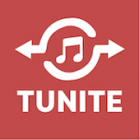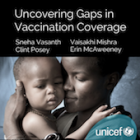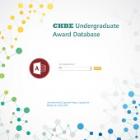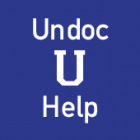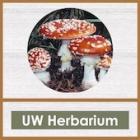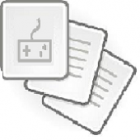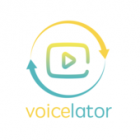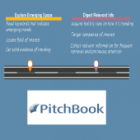
Trending Keywords In News
When timing and insight is the key to success in the venture capital world, being able to scan through large amount of information, extract insights, detect emerging spaces, and stay ahead of the game provides a competitive edge. The project showcases a solution with an end to end natural language processing backed text mining pipeline and a standalone front-end prototype. Derived from recent news articles, the project solution allows users to actively tune in and keep track of emerging spaces and trends of interests on the sponsor platform.

